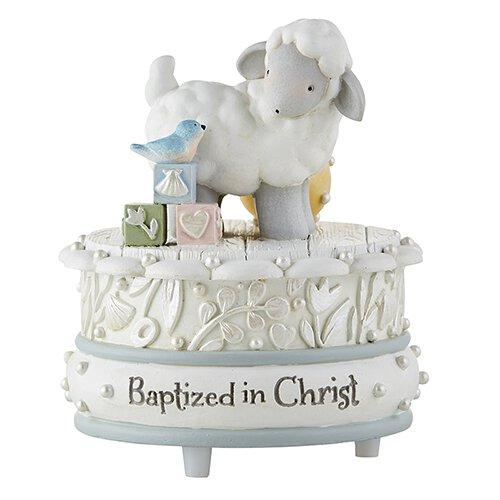Catholic Lent
Almost certainly, thoughts of fish frys, ashes, and the color purple abound when we begin to think about Lent again. While those things may be hallmarks of the Lenten season, the true meaning of Lent is to enter into the desert with our Lord in preparation both for His death on Good Friday and His resurrection on Easter Sunday! Traditionally this is accomplished through prayer, fasting and almsgiving, all of which dispose our hearts to suffer alongside Christ and to be ready to rejoice in His triumph over death. As we journey towards the beginning of Lent, it is prudent for us to review when Lent begins, the official guidelines of the Church for Lent, and spiritual resources available to make this Lent a fruitful experience.
As it does annually, Lent will commence on Ash Wednesday, which falls on February 22nd this year, 2023. Although Ash Wednesday is not a holy day of obligation, we are encouraged to attend additional masses celebrated within our parish and receive ashes on our forehead or top of head as a reminder of our mortality. As an aside, it is worth noting that Lent is 40 days in length, however Sundays are excluded from the count. This is because each Sunday is a “mini-Easter” in which we proclaim the resurrected Christ and receive Him fully in the Eucharist at mass. In actuality, Lent lasts 46 total days, making Easter fall on Sunday, April 9th this year.
Fasting and abstinence are two practices required of us in a formal manner during lent.
According to the USCCB, Catholics who are 18-59 years old are expected to fast on Ash Wednesday and Good Friday. The Church’s definition of fasting is having one full meal and two smaller meals that, together, do not equal the full meal in quantity. In regards to abstinence, Catholics who are 14 years or older are expected to abstain from meat on Ash Wednesday and all Fridays during Lent. Fasting and abstinence require us to sacrifice things that are good and traditionally used to celebrate in order to commemorate the passion of our Lord. These two practices follow what is written in the gospel, “The days will come when the bridegroom will be taken away from them, and then they will fast in those days”, Luke 5:35. While not bound by the Church, giving up other foods, hobbies, or habits that are pleasurable such as coffee or sweets or TV serve as an extra penance to focus more intensely on Christ.
During Lent, almsgiving is another practice used to draw us closer to Jesus. While no official guidelines are set forth by the Church, donation of time, talent or treasure are encouraged. Volunteering at a local charity or using our God given talents in our parish are both ways in which we might give ourselves up during Lent. Monetary donations to the Church or those in need are also ways of giving alms. There are many reasons almsgiving is a major component of Lent. Serving others firstly is an imitation of Christ, as in Matthew 20:28, “For even the Son of Man came not to be served but to serve others”. Additionally, almsgiving helps us to govern our passions and selfishness. How often do we look at an abundance of time or money and think to ourselves, what can I do to entertain myself, or what can I buy for myself? When we empty ourselves of an unnecessary excess of time and wealth, we turn outwards towards others and back to Christ.
Prayer is the third major practice of Lent. Paul urges us in 1 Thessalonians 5:16-17 to, "Rejoice always, pray without ceasing, give thanks in all circumstances”. Prayer is our lifeline from God and how we maintain communication and communion with our Blessed Lord. To love your parents, your spouse, or your children, you must talk to them. As any professional would tell us, or even anyone with good common sense - communication is key. During Lent, focused efforts to improve our prayer life must be undertaken. While all of the faithful may choose a devotion or prayer routine that is best for their circumstances, there are general resources and devotions that are encouraged widely. The best known and most highly utilized devotion is the praying of the Rosary. The Rosary offers us the ability to meditate upon the life, death and resurrection of our Lord while asking for the intercession of the Blessed Mother. The Divine Mercy chaplet, prayed using a rosary is also a great devotion during lent. Many Catholic publishers will offer lenten reflections or booklets that allow the reader to journey daily with our Lord during Lent and cultivate the practice of contemplative prayer. It is also a great time to reconcile ourselves with God in the sacrament of confession.
So as Lent fast approaches, let us prepare ourselves properly to make the most of the season and to enter the desert. Let us take note of our current reality and make a resolute plan to fast, give alms and pray according to the prescriptions of the Church in order to grow in our relationship with God. Let us reflect on what it means to be disciples of Christ during this time and what is required of us to pick up our cross to follow Him. Let us ask Him humbly to give us grace and strength to truly know, love







Leave a comment